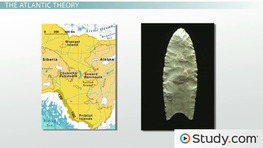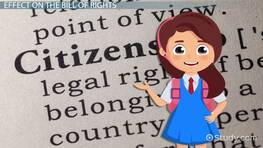Study.com has partnered with the award-winning Tutoring team at Enhanced Prep to bring you personalized online History tutoring.
Discover a unique tutoring program to get you the grade, score, or school.
Enhanced Prep provides a truly customizable approach to tutoring, focusing on each student's specific needs. Students are matched with the
right tutor who can help them study for a History test one day and prep for their upcoming college entrance exam the next.
Enhanced Prep professional tutors have a minimum of 5 years' experience helping students get into their dream schools. Other leading services
require as little as half a year of experience.
No two students are the same. Tutors create a unique game plan for each student following an assessment of their individual strengths and
weaknesses.





